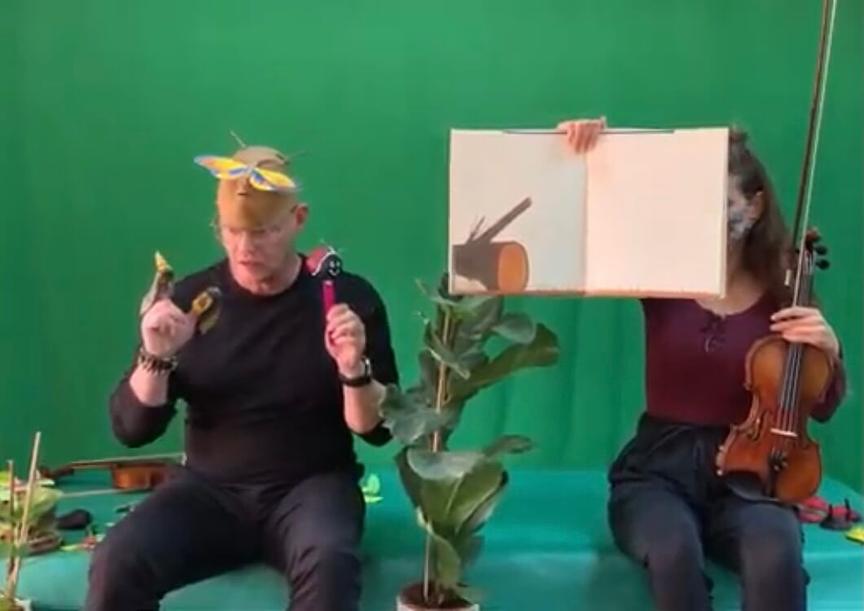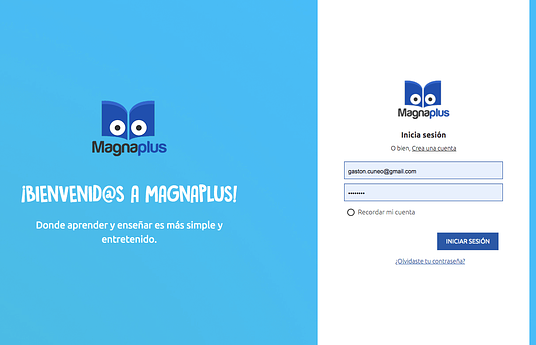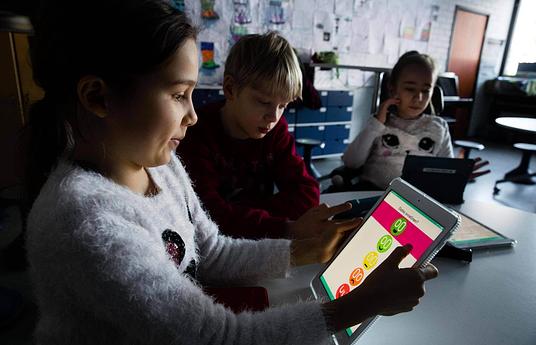What is the problem we are addressing?
What teaching and learning approaches can help to develop inquiring, questioning, and critical thinkers, ready to take on the local and global dilemmas (together) with an open-mind and a (wise) sense of responsibility.
With the arrival of COVID-19 and even before the rise of this pandemic, the integration of technology within the teaching and learning has become an essential tool for authentic and transdisciplinary learning. Schools and educators are spending lots of money and time on their tech development in order to build bridges between school and life.
The forgotten element in this equation is the participation of the human being. People are also needed for this process, and human interaction is vital: person/technology, person/person, person/technology/person. Alongside the development of ‘tech-savvy’ students, we need to develop ‘human- savvy’ students!
What is our solution?
By implementing a whole school philosophy program (3–18-year-olds) we hope to develop innovative learners who are also ethical, aesthetic, logical, & epistemic. Alongside the inclusion of technology into education as a powerful innovative force, is it imperative that students are given opportunities to stop, ask those big questions, reflect, and take action. Teaching philosophy, teaches students to think deeply alone and together, and to act wisely.
In collaboration with teachers across the whole school we are slowly developing the expertise of the teachers in philosophy for children, as well as theory of knowledge. We believe that philosophy is for everyone! Our 3-year-olds as much as our 18-year-olds.What is unusual in this venture is that primary teachers are training to become TOK teachers and Secondary teachers are training to become P4C teachers. Our goal to teach philosophy whole school is helping us build bridges between the two divisions of our school.
An overview of our impact
This innovation is a work in a progress and is part of a learning process that will continue next year and beyond. The impact on the school includes:
- The actualisation of our mission and vision into concrete teaching practices
- Teachers and students developing class routines and habits of thinking that directly impact the development of the learner attributes to be open-minded, thinker, inquirer, principled and so on.
- A balanced curriculum that values the vital role of technology, but also the essential role of wisdom and inquiry.
- Breaking the invisible but prevalent barriers between Primary and Secondary
Examples of implementation
- Secondary English teacher teaching in an EC1 class.
- Leadership trained in P4C and Theory of Knowledge
- Primary teachers trained in TOK
- Lessons are modelled by trained teachers in classrooms
- The inclusion of Philosophical Thinking in professional learning
- Book readings that focus on books related to philosophy.
What are our future goals?
- The overarching vision is to transform the pedagogical ethos of learning for our learning community. With this, we include parents in our conversation and our concepts related to P4C and ToK.
- For Primary teachers trained in TOK to teach grade 11 and 12 philosophy.
- Further training for all teachers in P4C in primary and some in Secondary.
- Build a whole school philosophy curriculum.
- Conduct a research on the impact of teaching and learning philosophy on students.
How can someone else implement it? What do they need?
As long as we have people involved in the learning, philosophy can thrive and be implemented.What is needed is a certain set of beliefs and values about what do our students need in order to be happy, successful, active members in their communities. Philosophy will help us develop students who see themselves as part of a bigger picture and who think bravely, act wisely, and are not afraid to be self-reflective and critical.



